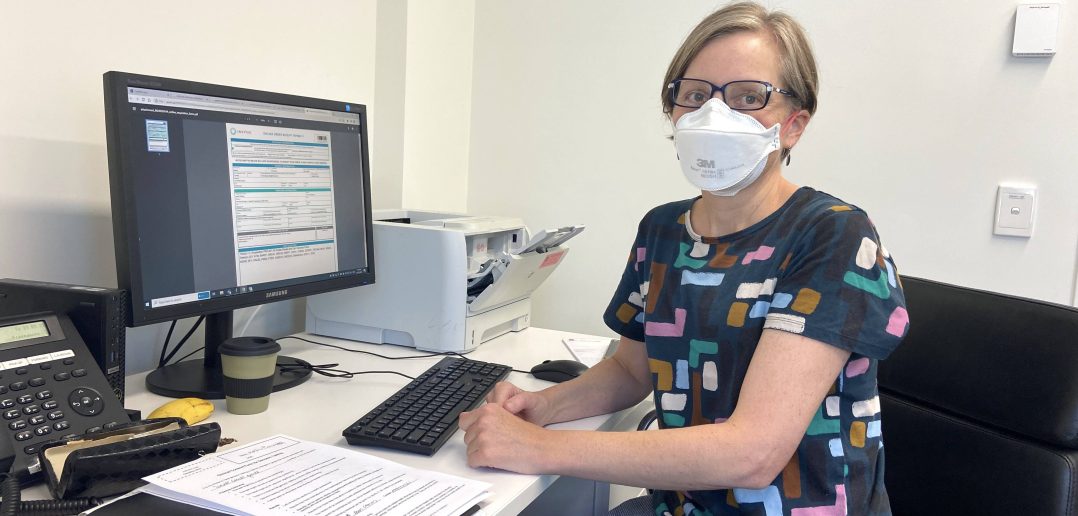Genetics service puts science around speculation

10/02/23
Genetic testing can provide important insights into your future health prospects – but that advanced knowledge can also bring distress and anxiety.
How do you deal with knowing you have a hereditary risk of cancer, adult cardiac disease, kidney and immune disorders, or neurological conditions?
Do you really want to know in the first place?
A new service at Epworth HealthCare aims to give people guidance and counselling before and after undergoing such testing, which is fast gaining in popularity globally as the technology advances.
Associate Professor Adrienne Sexton is the Victorian group’s first genetic counsellor, based at Epworth Freemasons hospital in Melbourne.
“Genetic counselling can help people to weigh up whether they want to know about genetic results or prefer just to have counselling and advice about screening and prevention, and it’s different for each person,” she said.
“Before they go down that path, we help them prepare for the results, what it might mean for them and/or their families. We see people after their results too, to help them understand them and refer them on for other support, if needed.”
A/Prof Sexton works alongside Professor Ingrid Winship, Epworth’s Group Director of Research and Chief Research Officer, who leads the genetics service.
“When we understand genes better, we can better manage the patient and know whether to do more surveillance in certain conditions, preferably before health problems develop,” Prof Winship said.
“Some people want to know the bare minimum; others want to know everything possible. There is no one right or wrong answer and it’s up to the counsellor to help people make sense of it.”
A/Prof Sexton said people with a diagnosis might have questions, for example, about what it meant for their future chances of another cancer.
“When we look at family history and add in genetic testing, we have a more accurate assessment of their likelihood of disease,” she said.
“This information can help them make decisions and outline what it means for them and for their family members.”
Prof Winship described genetics testing as “putting science around speculation”.
“Everyone has a unique combination of variants in their genes,” she said.
“Some represent a normal variation, such as the genes that determine height, but a significant variant in a gene which has the normal function to protect against cancer for example, can increase the risk of developing certain cancers over a lifetime.
“Genetics is only part of the picture, but knowing you have an inherited predisposition to developing a medical condition can be very useful, as you can introduce health interventions to manage that risk, such as regular colonoscopies for bowel cancer.”
Many patients coming in for genetic counselling since the Epworth service started this year have been under 50 years old.
“With neurological conditions like dementia or Huntington’s disease, there is value of having an answer, even if there is not current treatment,” A/Prof Sexton said.
“It gives people an opportunity to think about their choices, their values and motivations and how a result affects family – all those things are really important.”
